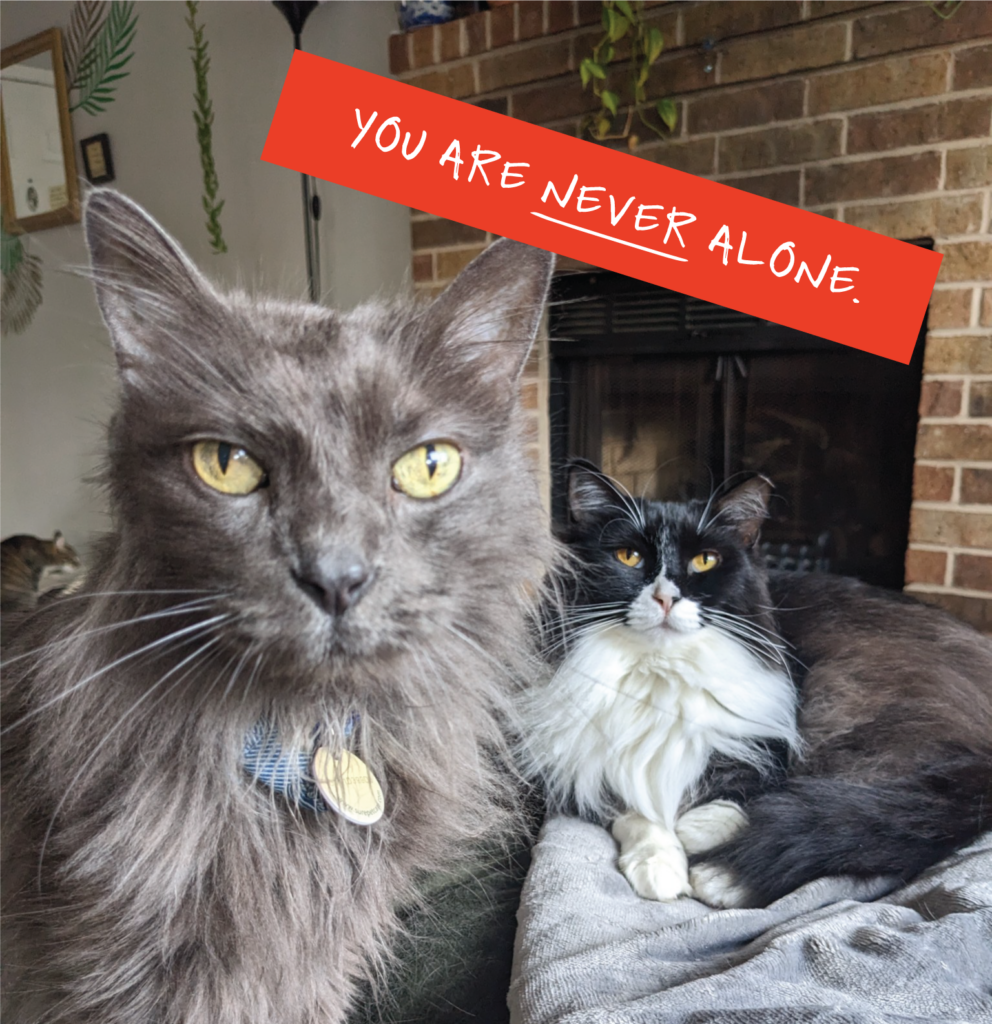There is no sweeter sound in the world than the long, sighing groan that follows a truly magnificent pun.
You lay it down. You wait a millisecond (OK, sometimes longer).
And then you get the crinkled-up disgust face and the “AUUUUGHHH.”

Bret is disappointed in you.
But it turns out some humor theorists (one in particular) don’t find that sound so sweet.
Let me introduce you to Charles Gruner, who literally made it his life’s work to argue that fun actually = pain.
I’m oversimplifying a bit, but basically, Gruner’s theory of humor is that jokes are a form of “playful aggression”. With the exception of what he calls “good-natured play,” Gruner suggested that humor is a contest or competition. Meaning every joke results in a winner and a loser.

Basically, Gruner saw puns as a game of intellectual oneupmanship. In this light, a post-pun groan is actually the sound of your “opponent” (or in my case, victim) audibly admitting defeat.
YEP. Sounds like a real fun guy to invite to your birthday, right?
In his excellent textbook The Psychology of Humor, Rod A. Martin explains Gruner’s theory when it comes to a “duel of wits,” like a pun:
Puns in everyday conversation may be a way of “defeating” the listener, but canned jokes in which the punch line is based on a pun are seen as a way of enabling the listener to share feelings of mastery and superiority along with the joke-teller. The ability to “get the joke” gives the listener a feeling of superiority and victory, presumably over hypothetical others who might not be able to understand it, perhaps due to their lower intelligence. Thus, according to Gruner, all jokes, no matter how seemingly innocent, contain a contest, a winner, and a loser.”
Really makes you think about all the dad jokes you grew up with, right?

That was cold. Stone cold.
As interesting as it is, Gruner’s theory isn’t the prevailing school of thought among most modern-day psychologists studying humor.
Many theorists now agree that humor plays a huge number of roles in social interaction, cognition and understanding, and emotional experience —to name just a few of its many sparkly facets.
For levity, it sure does have a heavy job to do!
*rimshot*
I heard you groan all the way over here. AND I LOVED IT.
I’ll be writing more about theories of humor and how it affects and influences us in the future. But for now, I just wanna know: What’s your favorite pun?







1 Comment
-
